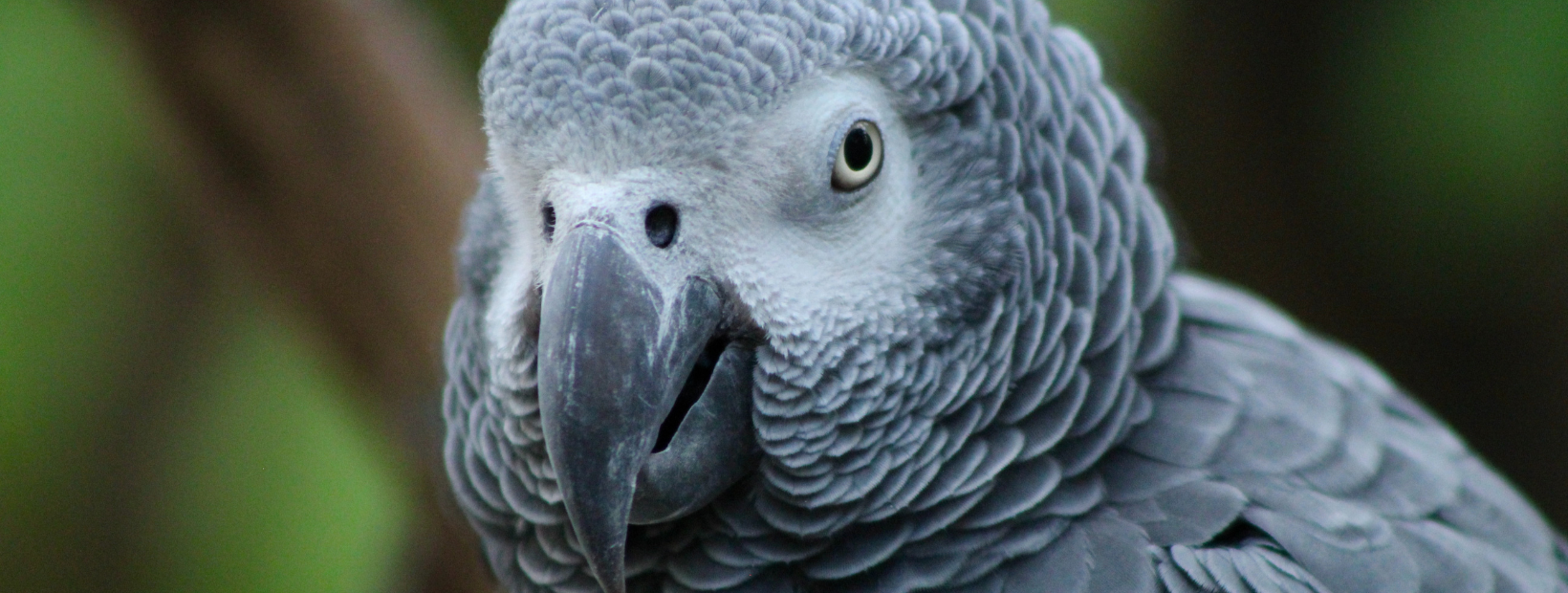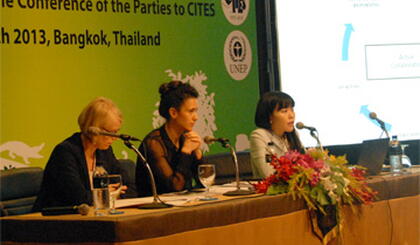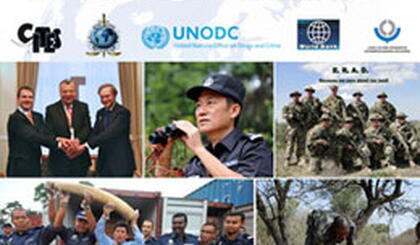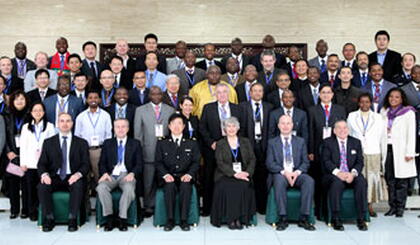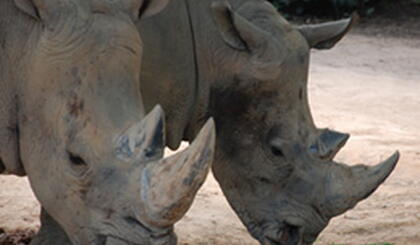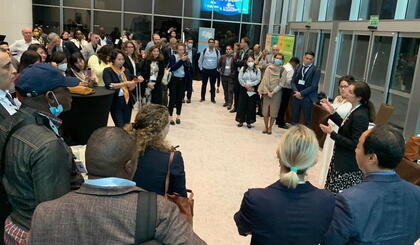L’ICCWC publie le rapport de la première réunion mondiale des réseaux de lutte contre la fraude liée aux espèces sauvages et met au point une stratégie pour obtenir un appui permanent.
Le Consortium international de lutte contre la criminalité liée aux espèces sauvages (ICCWC) a réuni pour la première fois les réseaux de lutte contre la fraude liée aux espèces sauvages du monde entier en marge de la Conférence des Parties à la Convention sur le commerce international des espèces de faune et de flore sauvages menacées d’extinction (CITES), qui s’est tenue en mars 2013 à Bangkok (Thaïlande). La première réunion mondiale des réseaux de lutte contre la fraude en matière
ICCWC delivers specialized training for law enforcement officers
Cutting-edge training in investigation techniques has been delivered to wildlife law enforcement officials across Asia, helping them in their battle to halt transnational organized wildlife and forest crime. Over the past few years, there have been a number of successful seizures and arrests of wildlife traffickers at airports, seaports and border crossings in Asia, Africa and other regions of the world. These typically result from risk analysis or actionable intelligence of an individual traveling with illegal wildlife such as ivory
Wildlife crime consortium to host high-level events on transnational organized wildlife crime at CITES Conference
Wildlife and forest crime is increasingly organised and is demanding a more determined and coordinated enforcement response. The International Consortium on Combating Wildlife Crime (ICCWC) will host two major events at the Queen Sirikit National Convention Center (QSNCC) at the 16th meeting of the Conference of the Parties to CITES to be held from 3 to 14 March in Bangkok, Thailand. ICCWC will convene a roundtable on combating transnational organized wildlife and forest crime for Ministers and high-level representatives, to
Controlled deliveries: a tool for reaching the big players in illegal wildlife trafficking
A group photo of the participants to the workshop (click to enlarge) Organized by the World Customs Organization (WCO), under the auspices of the International Consortium on Combating Wildlife Crime (ICCWC), the first international workshop on Establishing a Network of Controlled Delivery Units for Forest and Wildlife Law Enforcement ended on 9 December, after three days of deliberation. Controlled deliveries have long been a tool for investigating drug and tobacco smuggling but their use in wildlife smuggling is more recent
CITES Secretary-General welcomes Resolution of the United Nations Commission on Crime Prevention and Criminal Justice on illicit trafficking in endangered species of wild fauna and flora
During its meeting in Vienna, from 11-15 April 2011, the United Nations’ Commission on Crime Prevention and Criminal Justice adopted a Resolution on “Crime prevention and criminal justice responses against illicit trafficking in endangered species of wild fauna and flora” which was proposed by Chile, Costa Rica, Guatemala, Mexico and the Philippines. Organized criminal networks are known to be involved in the poaching of rhinoceroses, as one example of illicit trafficking in endangered species. The Resolution ( full text attached)
ICCWC begins its work
ICCWC begins its work The Senior Experts Group of the International Consortium on Combating Wildlife Crime (ICCWC) met last week at the United Nations Office on Drugs and Crime (UNODC) in Vienna, Austria. Opened by Mr Yury Fedotov, Executive Director of UNODC, the meeting provided an opportunity for specialized staff of the five partner agencies to plan ICCWC activities in the short and mid-term. Experts agreed to develop a comprehensive programme of work. This programme will exploit the expertise of
Putting Saint Petersburg into practice
Putting Saint Petersburg into practice Geneva, 13 December 2010 Within days of the International Tiger Forum, held in Saint Petersburg, the Russian Federation, from 21 to 24 November 2010 ( http://www.tigersummit.ru/eng/index ), tiger range States are demonstrating their commitment to combating illegal trade in tigers and working with the international community. During the Forum, leaders of tiger range States adopted the Global Tiger Recovery Programme and Saint Petersburg Declaration where they acknowledged that enforcement must be a priority and urged
Pagination
Filtrer par
Clear filters